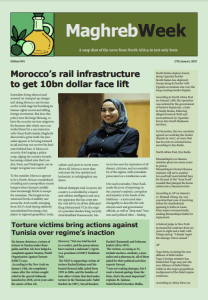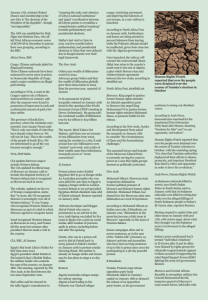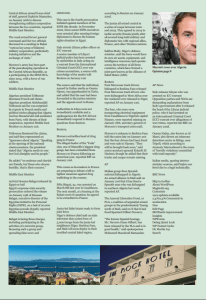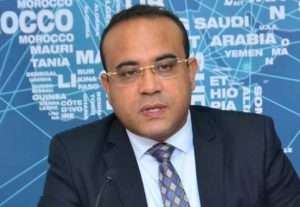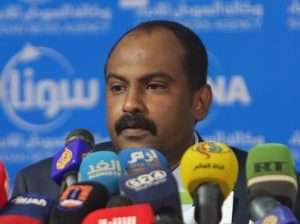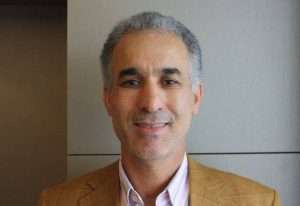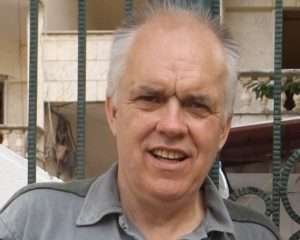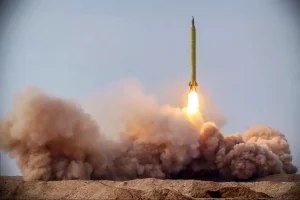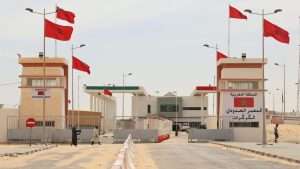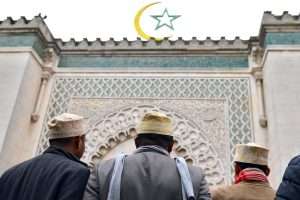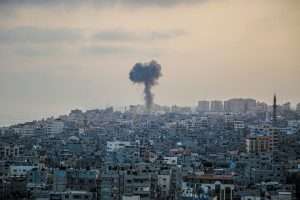Elisabeth Myers: Why Morocco does not need F-35 jets

Morocco’s potential acquisition of American F-35 fighter jets will undoubtedly raise tensions with Algeria and could even spark a war. This is a bad idea for Morocco, a bad idea for the US, and a bad idea for Africa
A chorus of calls is urging Morocco to use its newly strengthened rapprochement with Israel to convince the US to sell the kingdom F-35 jet fighters. At a cost of anywhere from $70 million to $90 million each, according to Lockheed depending on the model’s capability, this would be a significant expenditure for Morocco. If it bought even 5 of the aircraft, this would amount to close to half of its $1.156 billion military budget for 2022 . Some have estimated Morocco’s actual 2022 spend to be as high as $5 billion.
Now Rabat has budgeted around $11.8 billion for defense expenditures in 2023, a massive increase over past years. This is driven by perceived threats from Algeria and its desire to consolidate control over the disputed Western Sahara.
The US is Morocco’s main arms supplier, according to The Stockholm International Peace Research Institute. In 2019, the US State Department cleared Morocco to acquire twenty-five F-16C/D Block 72 jet fighters, as well as upgrades to a more recent configuration for the 23 F‑16s it already operates. The State Department also approved the sale of F-16 ammunition at a cost of around $209 million.
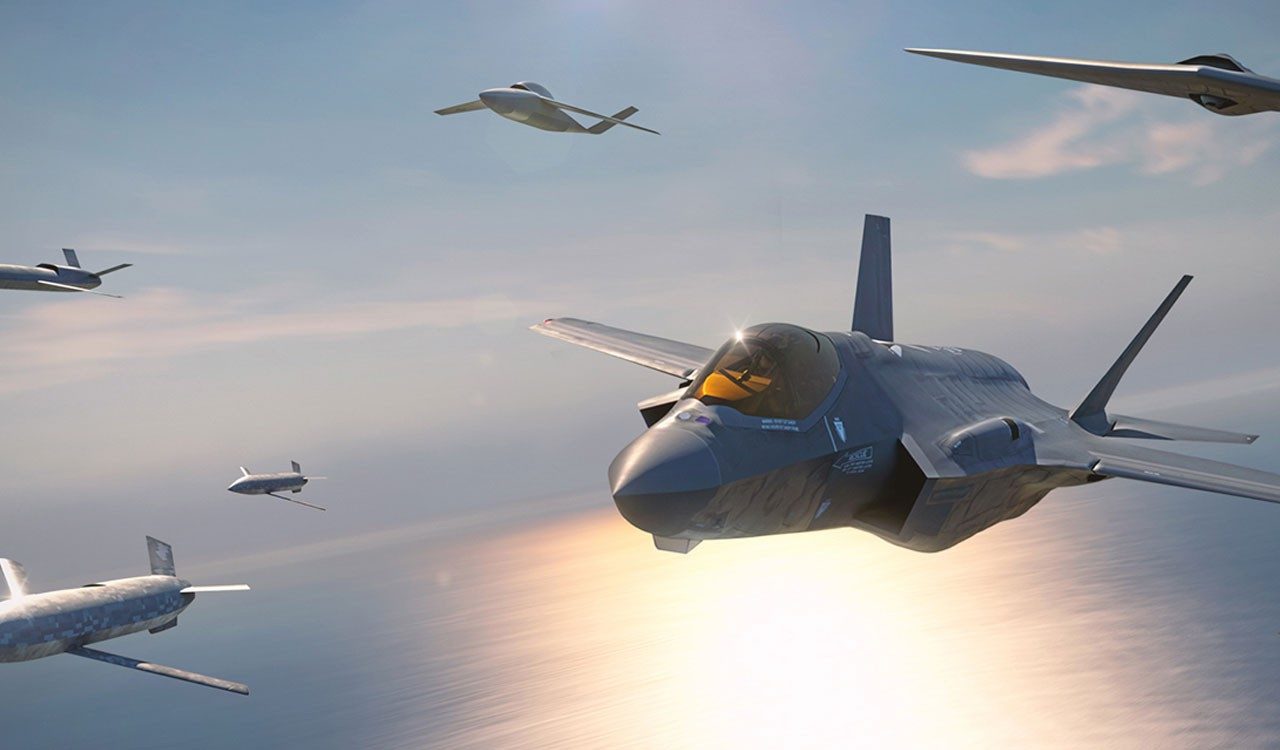
In 2020, Morocco ordered twenty-four AH-64E Apache attack helicopters from Boeing, as part of a $4.25 billion deal, deliveries of which are expected to begin in 2024. Morocco has also been negotiating with the US for the sale of four MQ-9B SeaGuardian Unmanned Aerial Vehicles (UAVs), along with laser-guided and GPS-guided munitions. Although the sale was initially blocked by members of Congress after former President Trump recognized Morocco’s sovereignty over Western Sahara, under President Biden’s arms sales policy the sale may well go through. Those drones would further strengthen Morocco’s capabilities in Western Sahara where the dry desert terrain poses challenges.
READ: China pumps $36bn of investment into Algeria
Morocco has also been forging deals with Israel. In 2020, Morocco received three Heron drones from Israel which are likely being employed in the Western Sahara for purposes of ISTAR (Intelligence, Surveillance, Target Acquisition and Reconnaissance).
In November 2021, the Israeli and Moroccan Defense Ministers signed a Memorandum of Understanding for defense and intelligence cooperation between the two States. Earlier this year in 2023, Morocco and Israel signed a deal to deliver a Barak MX air and missile defense system produced by Israel Aerospace Industries (IAI). Another deal would allow Morocco to acquire Harop UAVs, known as “kamikaze drones,” as well as produce them in Morocco.
Not only has Morocco been steadily beefing up its capabilities, but it already is closely integrated militarily with NATO, having earned the status of Major Non-NATO Ally after 9/11. In fact, Morocco, along with Jordan, is one of only two states in the MENA region that has provided military equipment to assist Ukraine in defending itself from Russia’s ongoing aggression.
Morocco and Algeria are already the largest arms spenders in Africa. Buying F35s will simply escalate an arms war that will not benefit Morocco in the long run. Even if the idea were not dangerous and politically unwise, on a practical level, it is unlikely to achieve its purpose of deterring Morocco’s larger next door neighbor. Algeria already has the upper hand on military capability and its arms expenditures are growing.
With its latest apparent pledge of fealty to Russia, Algeria has the capacity to up the ante significantly. Algeria reportedly may acquire fifth-generation Sukhoi SU-57 fighter jets from Russia. Morocco’s purchase of a small number of F-35s will not change the balance of military power significantly in North Africa, according to experts.
Looking toward the future, the billions Morocco would spend on F-35 fighter jets would be much better spent elsewhere to build its economy. Dr. William Lawrence, Senior Adjunct Professorial Lecturer at American University’s School of International Service, agreed that key areas are education, training, AI preparedness, hospitals, support for women in the workforce, and better healthcare, to name a few. “It’s a long list” he tells Maghrebi.org. “Think of any sector”.
“It’s high time to invest in Morocco’s people and address societal problems that hinder development”.
Morocco has already invested billions over the last two plus decades in modern infrastructure around the country, improving roads, bridges, ports, and even souks. Electricity penetration and cell phone coverage have increased across the kingdom, although certain areas still need improvement.
READ: Algeria fast tracks its own BRICS membership
There are untold issues that are ripe for Morocco’s investment and funding that will reap long term rewards for the kingdom. It’s high time to invest in Morocco’s people and address societal problems that hinder development. Good education, training for the jobs in the 21st century, training in customer service, effective communication, efficiency, and good governance. Training in civic responsibility, public awareness of environmental pollution, gender equality and sexual harassment. One wonders what ever happened to masaktach, the Moroccan “Me Too” movement that seemed to be making headway a few years ago in diminishing sexual harassment of women in the streets and the work place.
Revitalizing women in the labor force is essential to strengthen the economy. That means adequate health care, especially for women and girls that includes reproductive healthcare that is necessary for the health or life of a mother, and accessibility of public education, especially for girls who continue to drop out before they complete their schooling.
And finally of course the C word: corruption. Building trust in institutions and politicians is key to development. Morocco had a public information campaign some time ago, suggesting protection for whistleblowers informing the authorities about instances of corruption, but corruption and nepotism are still rampant in many aspects of everyday life. In his 2017 throne day speech, King Mohammed VI gave public servants a choice: either do your job or resign. He’s right.
Good governance, effective leadership, and public servants actually providing public service seem far more urgent than Morocco’s need to start an arms war it cannot possibly win against Algeria backed by Russia. If the money is there for fighter jets, Morocco should spend it on programs that will have beneficial long-term ramifications for Morocco’s economy and its people.
Africa needs to focus on the building blocks of peace and progress. That begins with economic opportunity and prosperity and the trust that government and governmental institutions are serving the people. Now is the time to invest in Africa’s human resources, not foment futile and dangerous arms races.
Elisabeth R. Myers is an American lawyer, law professor and consultant and can be found on Twitter (X) @ElisabethRMyers
Want to chase the pulse of North Africa? Enter your email address and name to receive our weekly newsletter.
